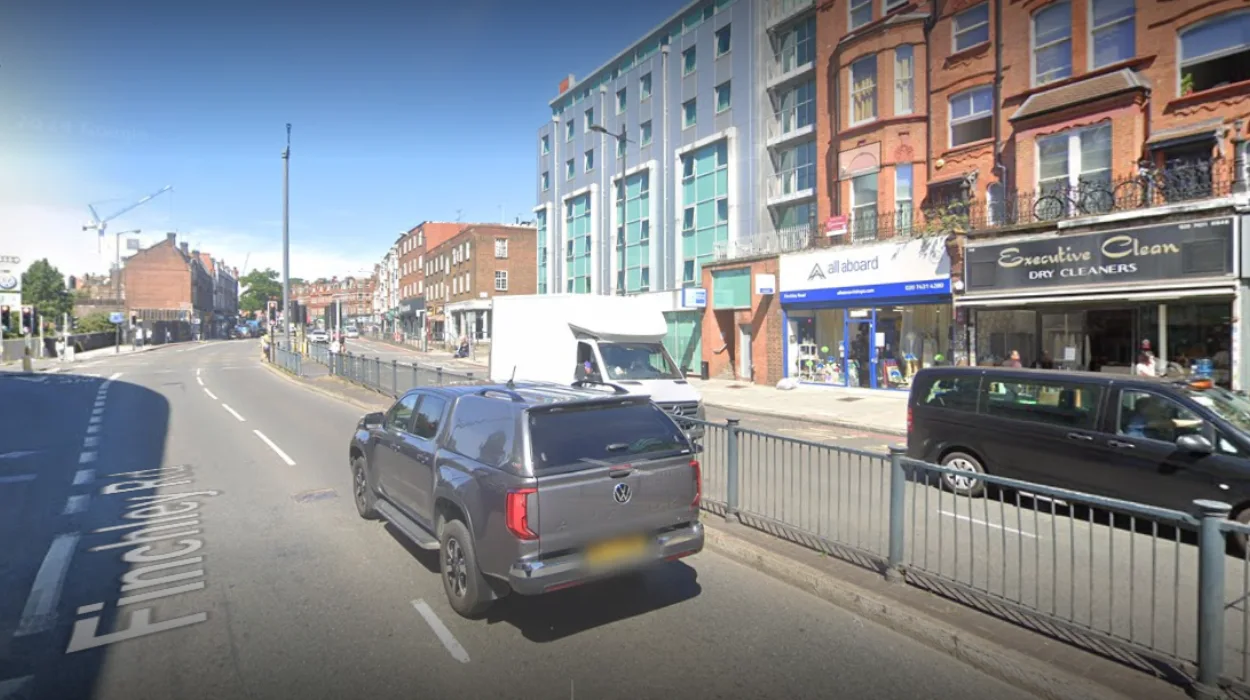Camden (Parliament Politics Magazine) – Camden Council is set to temporarily acquire the O2 Centre site as part of plans for one of the borough’s most significant regeneration and housing projects.
Last night (Wednesday, June 5), the Labour-led cabinet decided that the local government should temporarily acquire land ownership of the O2 Masterplan property in West Hampstead by using extraordinary legal powers.
However, the council’s opposition has cautioned that the ideas lacked sufficient substance and contended that elected council members should handle them rather than officials.
Up to 1,800 new dwellings, a community center, a movie theatre, a gym, and a “tree-lined” park are all part of the significant renovation of the property off Finchley Road that was approved in 2023.
The takeover had a “strong and compelling public interest case,” according to Cllr. Adam Harrison, cabinet member for planning.
The council will use its authority to stop those impacted by the proposals from using their own rights to stop construction and postpone the project.
The land’s car dealerships, who presently have access rights and “rights to light,” will no longer be able to challenge the construction in court.
Rather, they would be compensated for the effect on their rights.
Developer Landsec would pay for the legal ownership transfer to the local government.
The council should wait, according to opposition leader Cllr. Tom Simon (Lib Dem), who claimed there was “almost nothing to go on” in terms of specifics.
“The report doesn’t include the value of the land, how the council would pay for it, the risks of owning the site for longer, or the process of compensation for third parties,”
he said.
“A decision of this nature should be made by elected representatives with the full command of facts at their disposal – not made by officers down the road who are not subject to proper scrutiny.”
While one of the council’s planning officers stated that the purchase would only be “nominal” because Landsec had promised to reimburse the transfer’s costs, Cllr Harrison emphasized the need of not slowing down the development.
Cllr Marcus Boyland, the cabinet member for children and family, emphasized the “desperate need of struggling schools” dealing with declining student enrollment and resulting reduced government financing, and he encouraged his colleagues not to “kick the can down the road.”
“We need more families in the borough,”
he said.
The opposition leader was criticized by council leader Cllr. Richard Olszewski for obstructing the construction of additional homes, “just as the Lib Dems did at Liddell Road.”
A new community centre and four council housing units were added to the light industrial site at Liddell Road after Camden approved its redevelopment in 2015.
Some locals are upset that Camden has made the O2 Masterplan redevelopment “car-free,” citing “discrimination” against working-class families.
Additionally, £10 million from the Masterplan will be used to renovate West Hampstead tube station, which will include step-free access.
According to council members, 60% of the new dwellings would be constructed at social or affordable rent, with the majority (35%) falling into the latter category.
Affordable homes often vary between 50 and 80 percent of market rates, whereas social housing is normally around 50 percent.
How will Camden Council’s purchase of the O2 Centre site affect local housing plans?
Addressing pressing local housing requirements and assisting vulnerable households on the council’s waiting list, the first phase alone will deliver over 650 homes with 36% affordable housing by floorspace, featuring a mix of low-cost rent (60%) and intermediate tenure (40%).
In order to create a lively, sustainable neighborhood, the concept incorporates residential units alongside business spaces, a community center, green public areas, and enhanced bike and pedestrian connections.
Proposals for extra floors in Phase One have been prompted by recent revisions to building codes, particularly those pertaining to fire safety. This would increase the overall number of residences while upholding pledges to provide cheap housing and reducing the effects of height.
The redevelopment makes a substantial contribution to the transformation of the West Hampstead Growth Area and is in line with Camden’s Local Plan goals of building more than 16,800 new houses by 2030.


